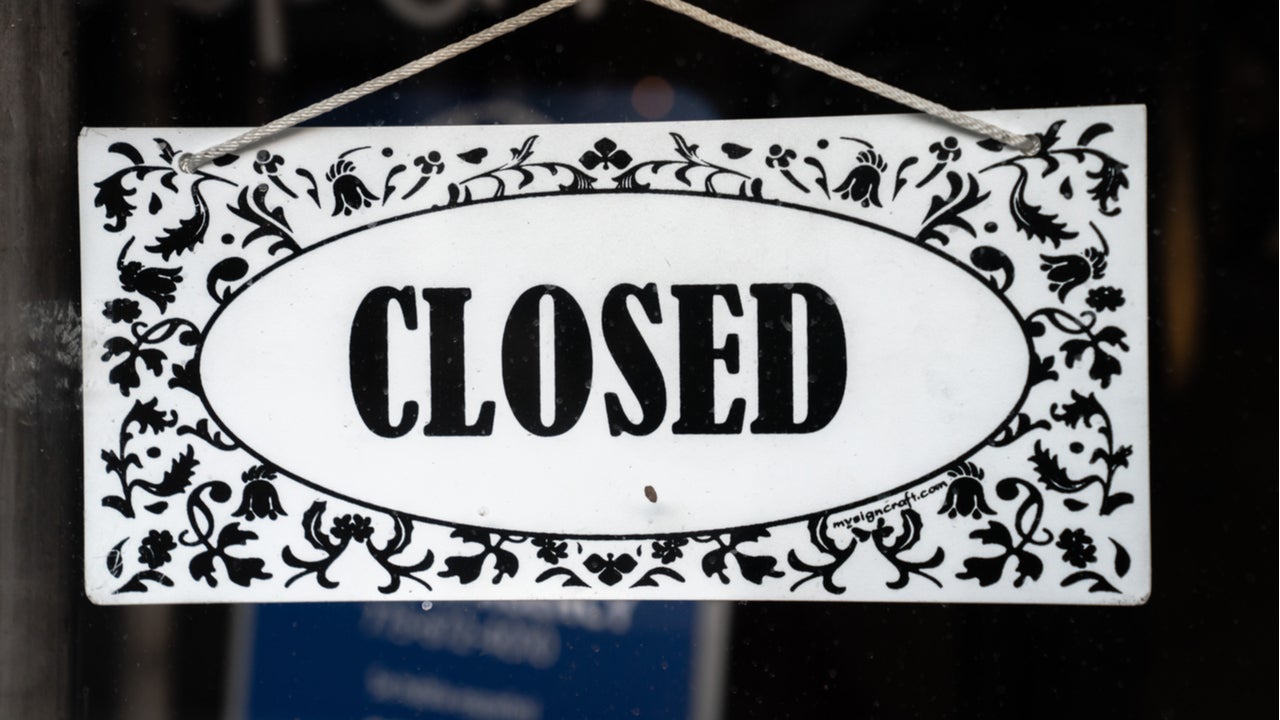
Economists believe that the US labour market will continue to improve but will not return to pre-pandemic levels until 2024. The economy will also gain resilience this year and is expected to be back to its pre-pandemic size by the middle of the year.
Claudia Sahm
Claudia Sahm, an economist, retweeted an article on the US unemployment rate remaining above pre-pandemic levels through the decade, according to the Congressional Budget Office (CBO). This implied that millions of people will remain jobless despite vaccines being widely administered. However, the analysis did not factor in Biden’s proposed stimulus plan.

Discover B2B Marketing That Performs
Combine business intelligence and editorial excellence to reach engaged professionals across 36 leading media platforms.
The nonpartisan budget office also projected a faster-than-expected rebound in economic growth, which is being anticipated as 4.6% in 2021. This is faster than what analysts had predicted earlier. Additionally, the number of people employed overall will return to pre-pandemic levels in 2024, the article detailed.
The Covid-19 pandemic has caused a crushing blow to the US labour market, which recorded its steepest fall in the spring with 22 million jobs having evaporated and the unemployment rate having shot up to 14.7% in just one month.
U.S. unemployment rate to remain above pre-pandemic level through decade, CBO says
Analysis does not factor in potential impact of stimulus legislation
 GlobalData Strategic Intelligence
GlobalData Strategic IntelligenceUS Tariffs are shifting - will you react or anticipate?
Don’t let policy changes catch you off guard. Stay proactive with real-time data and expert analysis.
By GlobalDataW/ @andrewvandam https://t.co/DJqUYCNKxn
— Jeff Stein (@JStein_WaPo) February 1, 2021
Tim Worstall
Tim Worstall, senior fellow of the Adam Smith Institute (ASI), retweeted that billions of US government spending being unnecessary and that the tax system should not have to penalise those who have enabled getting through the coronavirus pandemic in the US. In his opinion, the big tech such as Amazon, Facebook, and Zoom have supported millions to stay isolated and function from home.
Therefore, wealth tax is not enough for saving the economy from the Covid-19 crisis, he writes. In his views, the government is getting as much income tax out of the rich as is possible. And according to tax theory, investment and capital should not be taxed, as they are means to a richer future and hence, the country would reap less of whatever is taxed.
Worstall further highlighted the importance of incentives, and that taxing those who invest will reduce investment. Therefore, the idea to tax rich people, or the big tech is only going to contribute towards reducing investments that maybe necessary in tackling future disasters such as the current pandemic.
A lot of government spending is unnecessary.
If we need more to spend on the necessities, let's spend less on what's "nice." @Worstall argues that the tax system shouldn't spitefully punish those who enabled us to get through the pandemic.
— Washington Examiner (@dcexaminer) February 1, 2021
David Deming
David Deming, an economist and professor of public policy at the Harvard Kennedy School, retweeted an article on leaders warning that the US is almost uniquely ill-equipped to help people who have lost their jobs during the pandemic to gather new skills and prepare for new careers.
Workforce experts believe that there is no central place for the unemployed people to turn to for re-training for new jobs, and this could have lasting effects. In addition, overlapping and confusing job training programmes scattered across the country with less coordinated efforts on what training might be necessary to obtain by employers, have left many wary about their investment in training actually paying off or not.
Nearly 11 million people are jobless in the US since the pandemic struck in the spring last year. The country is historically known to do a poor job at helping people who have been displaced due to offshoring, recessions, automation, and other economic dislocation. As data suggests, the country invests less in its workforce development, just about 0.11% of its GDP, than many other developed nations.
https://twitter.com/ProfDavidDeming/status/1356311133703954437



